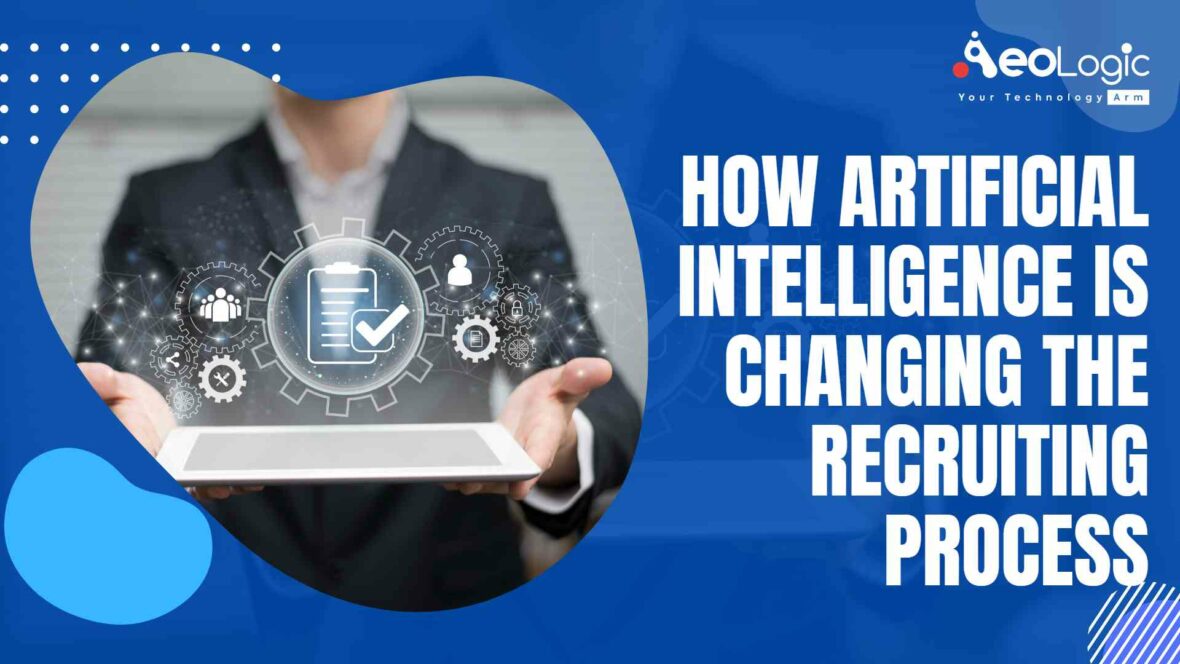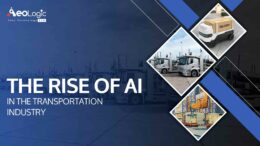In 2023, hiring and retaining top talent is a huge challenge. The number of voluntary terminations in November 2021 reached 4.5 million in the United States. It is the highest ever recorded since that data started being gathered in December 2000. In this blog, we will be pinning down the role of AI in recruiting process.
Also read: Role of AI in Optimizing Business Management
The role of AI in Recruiting Process
It is the implementation of artificial intelligence for supporting the talent acquisition process. An employer or recruiter may utilize artificial intelligence to automate or streamline certain steps in the recruitment process. Particularly, tasks that are high and repetitive in volume. These days, the role of AI in the recruiting process, the recruitment tools are software-based. They have their own unique advantages and features. And they charge users an annual or monthly subscription fee in order to gain access.
Moreover, several organizations are automating their recruiting process with a custom artificial intelligence solution. With this approach, organizations can implement the role of AI in the recruiting process in their own way. Such as to complement their standing systems and processes. Also, the solution can be custom-built for scaling as the organization grows. If they wish, they can add new functions and features. Therefore, as their recruitment process is evolving, it will enable them to keep up with the expectations of the modern job seeker.
The Benefits of Artificial Intelligence in Recruiting
Artificial intelligence can help streamline and automate a number of steps in the recruiting process. This can aid to free up time for recruiters. And they can focus on tasks that artificial intelligence has yet to replace. For example, building in-person relationships with candidates and examining their cultural fit within an organization. Other benefits include being able to help in removing hiring biases and keeping unsuccessful candidates in the loop for future job opportunities.
Also read: The Role of Human Resource Management in Data Protection

Automate Repetitive and High-Volume Tasks
The role of AI in the recruiting process can be used to automate a wide variety of repetitive, high-volume tasks. These include scanning resumes, posting job openings, conducting digitized interviews, and performing background. As well as checking references. For instance, artificial intelligent screening software is able to review data from PDFs and Word documents. Furthermore, they can scan documents for relevant key phrases and keywords. As well as perform grammar and spell checks, and examine if the candidate’s listed skills and competencies resonate with the role. By automating and streamlining these steps in the recruitment process, recruiters have more time to concentrate on other tasks.
Removing Hiring Biases
Consequently, recruiters are prone to several hiring biases in the talent management process. One such instance is affinity bias, a type of unconscious bias that happens when a person unknowingly inclines toward others who appear to be like them. Biases can also occur from first impressions.
Recruiting software enabled by artificial intelligence can facilitate removing hiring biases. For example, recruiters can implement artificial intelligent-powered word editors for writing more inclusive job descriptions. These word editors are built for identifying words and phrases that may communicate unintended biases toward candidates. And then suggest alternate words and phrases. Recruiters can also take into account artificial intelligence-powered chatbots for reaching global candidates by communicating with them in their native language.
Candidate Rediscovery
Talent rediscovery tools are An effective way for maintaining candidates for future consideration. This involves the role of AI in the recruiting process to gather, organize, and store unsuccessful candidate data for future use. The software takes note of each and every candidate’s unique skillset, education, and experience. And then utilizes that data to pair it with the demands of future open job positions and alert recruiters to a potential candidate match. From there, recruiters are able to reach out to the earlier unsuccessful candidates. And then evaluate their interest in a different role for an organization that they have earlier applied for.
Also read: Human Resource Management Challenges and Solutions
Incorporate Artificial Intelligence into Your Recruiting Efforts
Incorporating artificial intelligence into your existing workflow and hiring efforts can help free up time for recruiters to pay attention to other tasks like building in-person relationships with applicants. On the other hand, artificial intelligence can help in reducing unintended biases. Such as, gut-feeling reactions from first interviews – by presenting hard data into the mix, resulting in detailed informed hiring decisions.
Get in touch with us to know more about the implementation of artificial intelligence into the recruiting process.
FAQs
How is artificial intelligence transforming the recruitment process?
The role of AI in the recruiting process refers to applying artificial intelligence to the recruitment process. Recruiters can create or streamline workflows using AI or machine intelligence for frequent and high-volume operations. AI can automate, speed up, neutralize, and decrease the cost of the employment process.
Will artificial intelligence replace the human recruiter?
The answer is no. Artificial intelligence is yet a long way away from actually relieving human HR employees from their jobs. Recruiters make thousands of complicated decisions per hire, and AI simply is not flexible enough to take over that process and decision-making.






